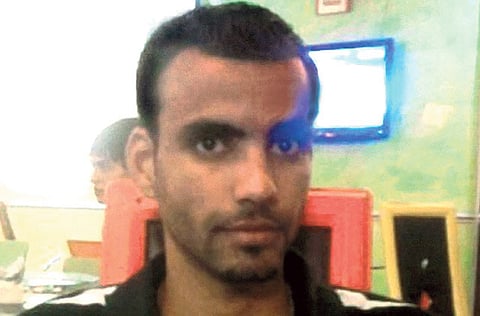Tunisia starts to rebuild
The Economist comments: Transitional government is unlikely to take radical measures in the run-up to elections, but there are signs genuine democracy is coming

Mohammad Bouazizi's grave is marked by a Tunisian flag and a martyr's epitaph. Sidi Bouzid, a small town in Tunisia's unloved interior, is proud of its revolutionary son, whose self-immolation sparked the uprising that brought down the regime of Zine Al Abidine Bin Ali.
Bouazizi's picture hangs in the main street, now named after him. Banners promise to keep his memory alive and stress that Tunisia's revolution began here, in December, not in Tunis in January. Graffiti splashed across the walls exhort the people of Sidi Bouzid to stand up for their rights and to fight for their freedom.
The feverish excitement of January, when Bin Ali fled the country after 23 years in charge, has been replaced by a mood of eager if anxious anticipation. An election for a constituent assembly is due on July 24. It will be the first to have the legitimacy of a popular vote. It should provide for a new constitution, parliamentary and presidential elections, and a blueprint for a new Tunisia.
At least 44 political parties have registered for the elections, and more are expected to do so. Few have laid out clear policies. All deride the old regime but few manifestos spell out what they would do instead. Tunisia's main Islamist party, Nahda (Awakening), which was banned under Bin Ali, and the liberal Democratic Progressive Party (known by its French initials, PDP), may, for the moment, lead the pack. With no proper opinion polls, no one knows who will win.
One of the few groups with a national network, Nahda may benefit from a dispersal of votes among the rash of new parties. Its leaders say it wants to be part of a modern democracy with a separation of powers, independent courts and a free press. It endorses a presidential and parliamentary system.
Ajmi Lourimi, a Nahda notable imprisoned for 17 years under Bin Ali, says Tunisia's capitalist system does not work, but is quick to stress that his party is neither communist nor against privatisation. Tunisia should trade more with its Arab and African neighbours and focus less on Europe, he says. Its interior needs developing. Exiles should come home and invest.
Economic woes
The economy has certainly been hurt by the disruption following Tunisia's revolution and the strife in neighbouring Libya. In February the authorities said they expected growth to dip by 2-3 per cent.
Tourism, a big source of income, is down by 40 per cent compared with this time last year. Trade with Libya, on which the south depends, has dried up. Cheap Libyan goods have disappeared. Some 70,000 Tunisians who worked in Libya have fled home.
Still, Noureddine Zekri, the head of Tunisia's Foreign Investment Promotion Agency, says he is optimistic: of the 3,200 foreign companies operating in Tunisia, only 35, he says, have withdrawn since the revolution. Foreign direct investment has decreased by 22 per cent in the past two months, but confidence will rebound and a broader range of countries will invest, Zekri predicts.
Above all, he says, corruption must be reduced. "With democracy, and all those people watching, we won't have any choice." Yet the focus on corruption has already begun to fade.
Some Tunisians give the impression that the removal of Bin Ali and his grasping family has solved the problem. Yet few structures are in place to prevent it from reappearing. The courts still need reforming.
So do the police. Under Bin Ali their main job was political surveillance. During the protests in January and February Tunisians attacked the symbols of oppression, especially police stations.
Many were looted and burned. In the revolution's aftermath the police all but vanished; even now you see few of them on the beat.
For the moment the army is doing some police work, protecting government offices and other prominent buildings. But democracy campaigners worry that the army may feel forced to intervene in running the country.
The omens are still generally good. Tunisia is a small country of fewer than 11 million people with a fairly big and well-educated middle class. The wave of strikes after Bin Ali's fall has died down. The economy could bounce back. The transitional government is unlikely to take forceful measures in the run-up to the election. But a genuine democracy is still in the offing.



